Capsule Cover Transcript
Buddhism is one of the biggest contributions of India on the plains of world religions. But did you know, that it is also a very sophisticated School of Philosophy and logic?
Did you know that Buddhism impacted heavily on Indian art, architecture and education?
Click start now to know more of such interesting facts and learn about various facets of Buddhism.
About This Capsule
The wheel of Dharma set in motion by Buddha in Sarnath more than 2500 years ago is still going strong for the benefit of all the sentient beings. The Buddha gave his disciples a mantra “Caratha Bhikkhave Cārikaṁ Bahujanahitāya Bahujanasukhāya” meaning “Wander, oh monks, for the welfare and happiness of many.” Since then, the Buddhist monks wandered educating people in their own language by resorting to reason and compassion. The Buddha was the greatest champion of free and rational thinking. He asked his disciples not to accept things, including his own teachings, just out of faith, but only when they stand the scrutiny of reason. Buddhist art and architecture of India not only carry stories of technological wonders but also hold secrets of our history and culture. Through this course, let us embark on a fascinating journey into the life and mission of such an exemplary personality and learn about the development of Buddhism up to the modern age.
FAQs
Who is eligible: Any person wishing to know more about the Indian knowledge and culture.
How long will it need: 2 hours
What will I get: Course completion certificate authorised by ICCR and SPPU
How much will I have to pay: All the program topics are free of charge for viewing.
What will I learn:
- Learn the cultural evolution of Buddhism in India and how Buddhism is an urban religion.
- Study the early developments of Buddhism
- Understand Art, Architecture, Literature, Philosophy, Trade, Trade routes and Traders
- Know about the development, decline and revival of Buddhism in India
Subject Expert
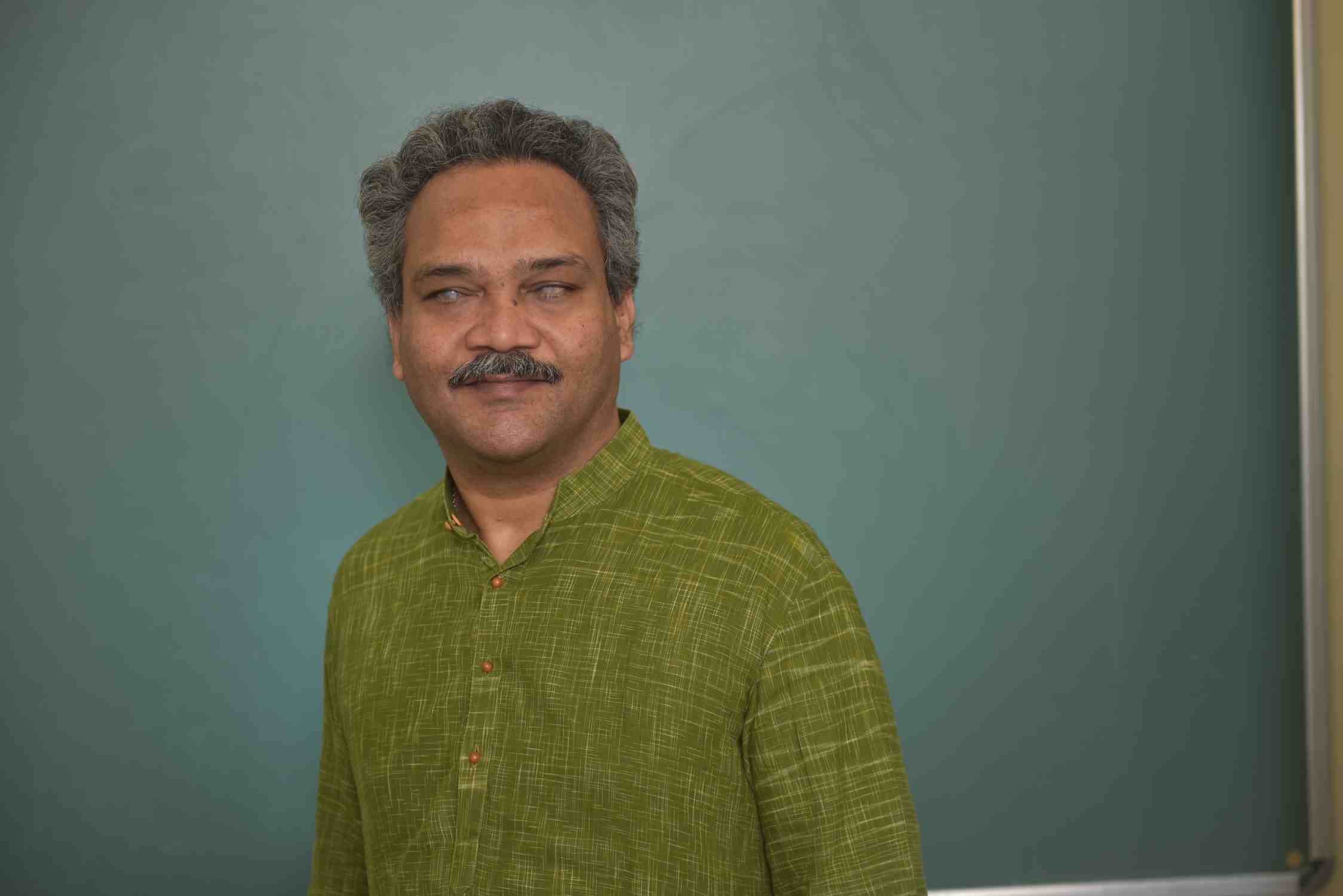
Read More



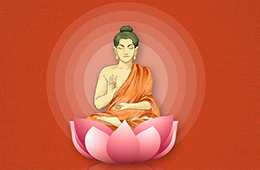
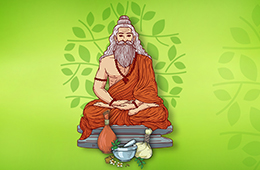

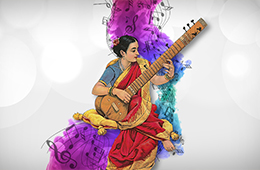
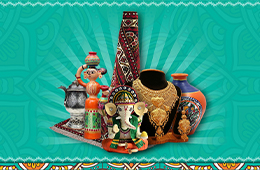
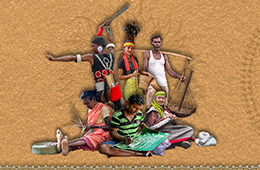
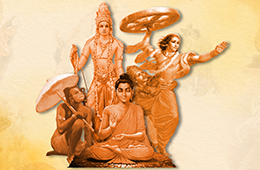









Share